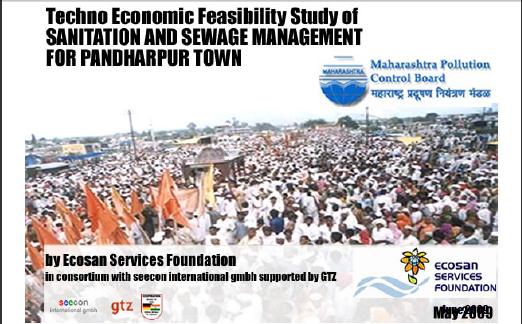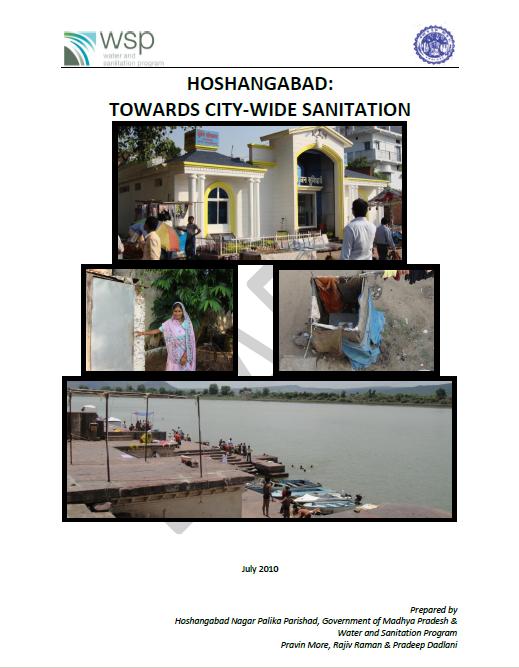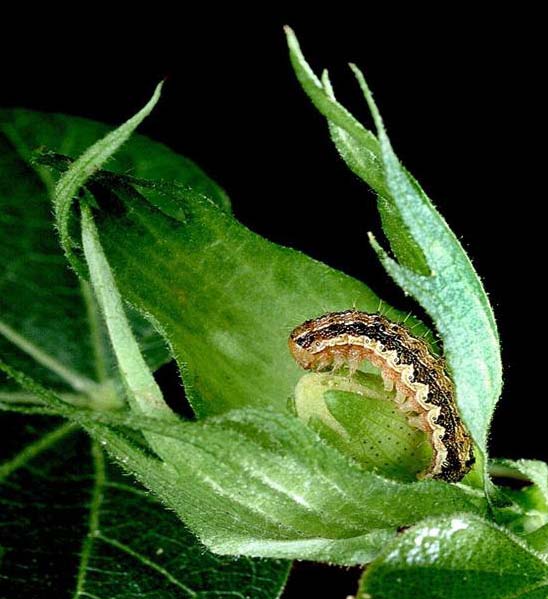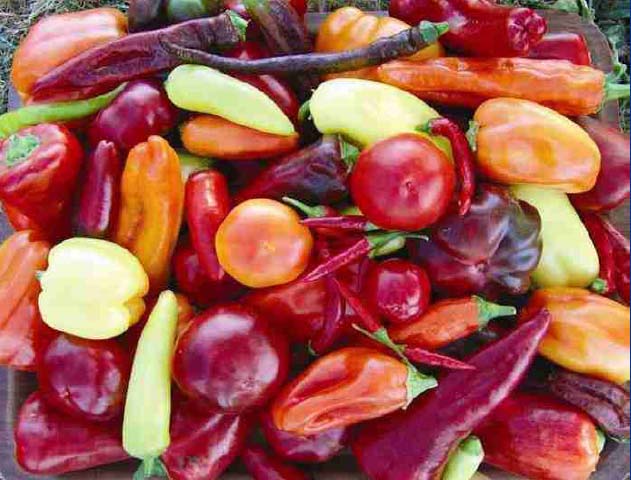Sustainability
Techno-economic feasibility study of sanitation and sewage management for Pandharpur town, Maharashtra - Ecosan Services Foundation (2009)
Posted on 10 Apr, 2011 02:15 AM This study provides interventions to solving the sanitation crisis in the holy town of Pandharpur, situated on the banks of the Chandrabagha/Bhima river, in the state of Maharashtra, which receives more than 1.5 crore devotees annually. On any given day there are approximately 20,000 pilgrims in this Class B town. This vast floating population creates massive sanitation problems leading to environmental and hygiene issues. The study forms part of the Maharashtra State Pollution Control Board's 'Environmental Improvement Programme at Religious Places in Maharashtra' project.
This study provides interventions to solving the sanitation crisis in the holy town of Pandharpur, situated on the banks of the Chandrabagha/Bhima river, in the state of Maharashtra, which receives more than 1.5 crore devotees annually. On any given day there are approximately 20,000 pilgrims in this Class B town. This vast floating population creates massive sanitation problems leading to environmental and hygiene issues. The study forms part of the Maharashtra State Pollution Control Board's 'Environmental Improvement Programme at Religious Places in Maharashtra' project.
Hoshangabad - Towards city wide sanitation - A draft report by Hoshangabad Nagar Palika Parishad and WSP
Posted on 10 Apr, 2011 01:57 AM  This proposal prepared by Hoshangabad Nagar Palika Parishad, Government of Madhya Pradesh and Water and Sanitation Programme South Asia, is meant to ensure that every household in this town adopts safe sanitation practices and is to help enable the urban local body, implement a city wide sanitation programme that finally ensures collection and treatment of waste.
This proposal prepared by Hoshangabad Nagar Palika Parishad, Government of Madhya Pradesh and Water and Sanitation Programme South Asia, is meant to ensure that every household in this town adopts safe sanitation practices and is to help enable the urban local body, implement a city wide sanitation programme that finally ensures collection and treatment of waste.
This document is the tenth mile stone in the process of achieving the goal of city-wide sanitation for Hoshangabad.
Pest and disease management in organic, natural, sustainable agriculture - Presentations from the South Asia Conference on "Outstanding Organic Agriculture Techniques", Bangalore organised by OFAI (2009)
Posted on 20 Mar, 2011 06:17 PM This set of presentations from the conference on Outstanding Organic Agriculture Techniques held during September 2009 at Bangalore deals with pest and disease management practices in organic farming, which rely primarily on preventive and integrated methods.
This set of presentations from the conference on Outstanding Organic Agriculture Techniques held during September 2009 at Bangalore deals with pest and disease management practices in organic farming, which rely primarily on preventive and integrated methods.
Crop production and plan protection in organic farming
This paper by S R Sundararaman presents organic farming as the only recourse for farmers, to save both livelihood and the health of the soil. Organic farming methods enable farmers save money and turn their farmyard waste into value-added products for increasing crop production. Farmers will not have to be dependent on agri-business companies for seeds, fertilizers and pesticides. Our self-reliance is thus preserved. A large portion of our country's foreign exchange is used to pay for the import of petroleum products. By going organic we will also help our country save on valuable foreign exchange. Our land will keep giving us returns for extended periods of time unlike farming as per the green revolution, where the land stays productive for a short time and then becomes sterile.
The uppermost question in the minds of farmers who have recently converted to organic farming or who want to turn organic is how to ensure that crop production does not reduce and how to protect the plants from disease, without the chemical fertilizers and pesticides that their fields have grown used to. This paper provides the answers and it also seeks to reassure all farmers that there is no farm which cannot turn around and produce quality crops in sufficient quantity, using organic farming methods.
Sowing seeds of consciousness - Presentations from the South Asia Conference on "Outstanding Organic Agriculture Techniques", Bangalore organised by OFAI (2009)
Posted on 20 Mar, 2011 06:14 PM This set of presentations from the conference on Outstanding Organic Agriculture Techniques held during September 2009 at Bangalore deals with the conservation of seeds particularly for small subsistence farmers who are not very well linked with local markets and for whom seed production is still an integral part of farming activity seamlessly merged with the growing of crops and the totality of work and life on a farm.
This set of presentations from the conference on Outstanding Organic Agriculture Techniques held during September 2009 at Bangalore deals with the conservation of seeds particularly for small subsistence farmers who are not very well linked with local markets and for whom seed production is still an integral part of farming activity seamlessly merged with the growing of crops and the totality of work and life on a farm.
Permaculture Course and Work Week, Institute for Indigenous Agricultural Systems and Knowledge (I-ASK), 1st – 7th May 2011, Punarvasu, Udupi
Posted on 18 Mar, 2011 11:06 AM Organizer: Institute for Indigenous Agricultural Systems and Knowledge (I-ASK)
Organizer: Institute for Indigenous Agricultural Systems and Knowledge (I-ASK)
Venue: Punarvasu, Udupi
Workshop on "Open source Geospatial tools", Centre for Infrastructure, Sustainable Transportation and Urban Planning (CiSTUP), 1st - 5th May 2011, Bangalore
Posted on 16 Mar, 2011 06:22 PM
Organizers:
- Centre for Infrastructure, Sustainable Transportation and Urban Planning (CiSTUP)
4th annual conference on "Water in India", Indian Infrastructure, 28th - 29th April 2011, The Imperial, New Delhi
Posted on 08 Mar, 2011 10:55 AM Sustainable Water Management: Policy, Investments, Projects and Challenges
Sustainable Water Management: Policy, Investments, Projects and Challenges
Organizer: Indian Infrastructure
Venue: The Imperial, New Delhi
Workshop on “Sustainable Energy and Water Financing Opportunities” - IFC, 14th March, 2011, New Delhi
Posted on 07 Mar, 2011 12:47 PM Organizer: International Finance Corporation (IFC)
Organizer: International Finance Corporation (IFC)
Venue: India Habitat Center, New Delhi
Open letter to Jairam Ramesh on POSCO project approval from the Mining Zone People's Solidarity Group
Posted on 28 Feb, 2011 01:45 PM
Study of ancient water storage systems on forts in Nashik district of Maharashtra - Paper presented at the National Seminar on Water and Culture (2007)
Posted on 14 Feb, 2011 05:11 AMThis paper studies the water supply, distribution, collection and storage in the forts around Nashik with the idea of testing the viability of implementing such systems in areas of similar topography. The history of forts in Maharashtra and the forts around Nashik and the water collection and distribution systems thereof are described.





